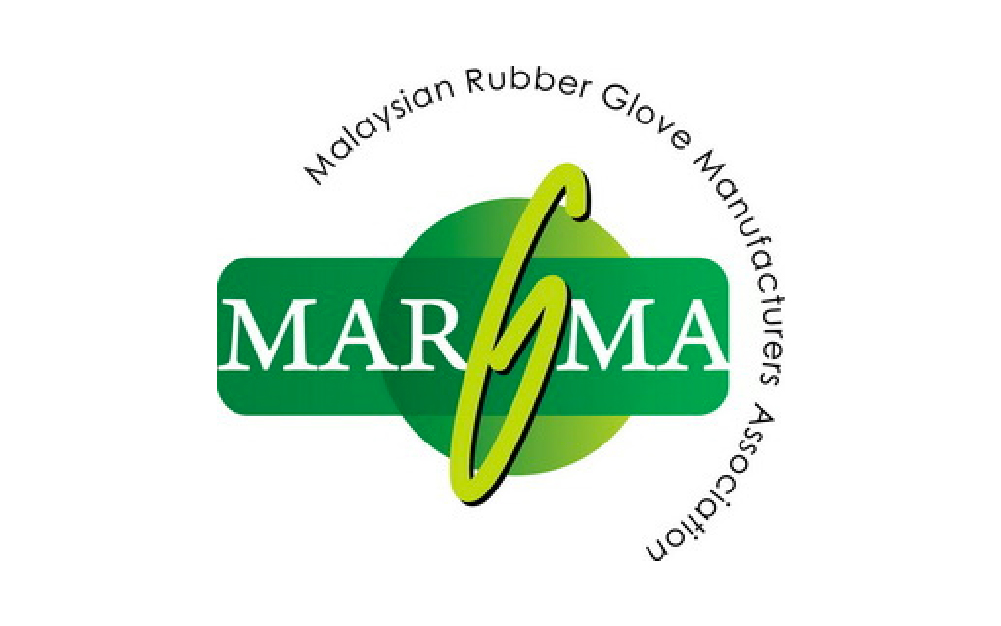Custom vs Standard Conveyors: How to Choose the Best Fit
Choosing the right conveyor system is a critical decision for any facility involved in manufacturing, warehousing, packaging, or logistics. The two main options—custom conveyors and standard conveyors—offer different benefits depending on your operational needs, budget, and long-term scalability. But how do you know which is the best fit for your business?
In this article, we’ll compare custom vs standard conveyors, highlight key decision factors, and help you determine the right solution for your facility.
What Are Standard Conveyors?
Standard conveyors are pre-engineered systems built in common sizes, designs, and configurations. They are typically off-the-shelf solutions ideal for straightforward applications such as:
- Moving items in straight lines or basic curves
- Handling uniform loads (boxes, totes, parcels)
- Performing repetitive, non-specialized transport tasks
Benefits of Standard Conveyors:
- Lower upfront cost
- Faster delivery and installation
- Proven designs and compatibility
- Easier to maintain and replace parts
Standard conveyors are a great choice for small to medium-sized operations with minimal customization needs or limited budgets.
What Are Custom Conveyors?
Custom conveyors are engineered specifically for your operation. They are designed to meet unique requirements—whether it’s limited space, special product handling, integration with existing systems, or non-standard processing needs.
Benefits of Custom Conveyors:
- Tailored to fit space and workflow
- Handles specialized materials (fragile, oversized, irregular shapes)
- Supports automation and advanced controls
- Scalable with future expansion in mind
Custom systems are ideal for companies looking to optimize every inch of floor space, integrate automation, or handle complex production flows.

Key Factors to Consider When Choosing Between Custom and Standard Conveyors
Here’s a breakdown of factors to guide your decision:
- Space Constraints
- Standard conveyors work well in open layouts.
- Custom conveyors can be built to fit tight corners, multilevel setups, or height-restricted zones.
- Material Type
- Standard systems are suitable for uniform, lightweight goods.
- Custom solutions are better for delicate, heavy, or unusual materials.
- Production Volume
- Low to medium throughput? A standard system may suffice.
- High-speed or high-volume? A custom setup will be more efficient and reliable.
- Integration with Automation
- Standard conveyors may have limited compatibility.
- Custom conveyors can be designed to sync with robotics, sensors, sorting arms, and other automated machinery.
- Budget & Lead Time
- Standard = more affordable, quicker to implement.
- Custom = higher investment, but long-term ROI through productivity and optimization.
Industry Use Cases
Industry | Best Fit |
E-commerce | Custom (due to fast-paced, high volume sortation) |
Food Production | Custom (special hygiene and material handling) |
Packaging | Standard or Custom depending on complexity |
Warehousing | Standard for general use, Custom for automation |
Automotive | Custom (heavy-duty, multi-phase workflows) |
AT SYSTECH SDN BHD: Experts in Robotics & AI-Powered Automation
We engineer custom robotic solutions built for real-world challenges—from intelligent vision inspection and sorting to fully automated packaging and glove handling. Our goal is to help manufacturers increase efficiency, enhance product quality, and reduce manual labor through smart, scalable technology.











